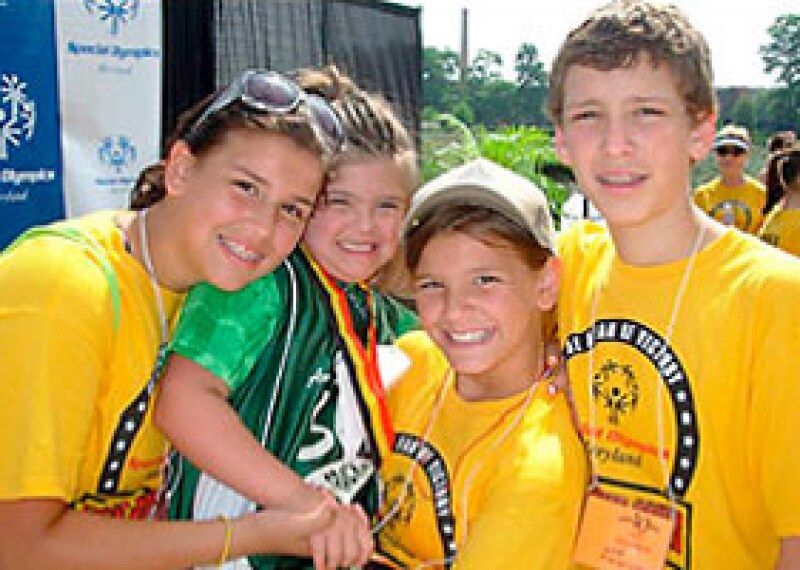On September 28, the Biden-Harris Administration hosted the White House Conference on Hunger, Nutrition, and Health, and released a National Strategy with actions the federal government will take to drive solutions to these challenges. The last time the President of the United States convened a conference this topic was 50 years ago, when Special Olympics was founded.
Today, Special Olympics made a key commitment towards the Strategy, and will be one of the organizations behind the drive to end hunger in the U.S. by the year 2030 and reduce the toll of diet-related diseases. More specifically, Special Olympics will launch a new, multi-part initiative to expand fitness, nutrition counseling, health coaching, and SNAP-Ed benefits for people with intellectual disabilities.
In 2023, Special Olympics will invest in research to demonstrate the utility and cost-effectiveness of nutritional assessment tools for people with intellectual disabilities. It will also develop and disseminate two best-practice toolkits on inclusive health coaching and SNAP-Ed models to promote evidence-based nutrition education and obesity prevention methods for people with intellectual disabilities. By 2030, Special Olympics also commits to training 5,000 fitness professionals on inclusive fitness methods and to providing inclusive fitness curricula to at least 1,500 physical education, physical therapy, and public health trainees.
At the conference, Special Olympics Health Messengers Kayte Barton from Minnesota and Kayla Cornell from Michigan shared their experiences with members of Congress, federal civil servants, representatives of the private sector, and leading civil society organizations.
Barton addressed the Director of the Center for Food Safety and Applied Nutrition at the Food and Drug Administration about the importance of having food labeling available for online food shopping and making labels easier to understand, especially for people with intellectual disabilities.
"Almost every single disease–from cancer to heart disease […] is affected by diet and exercise. We have to give families the tools to keep them healthy."
“Time and again, we see people with intellectual disabilities in our movement lack access to preventive health education and early developmental opportunities that promote healthy lifestyles. Ensuring that this population has the tools to get healthy has been at the center of our work and response to the White House call to action.”
Moving forward, Special Olympics will continue to lead the effort of putting people with intellectual disabilities at the forefront of the conversation on health, fitness, and nutrition, and is honored to be recognized by the White House for their efforts.










